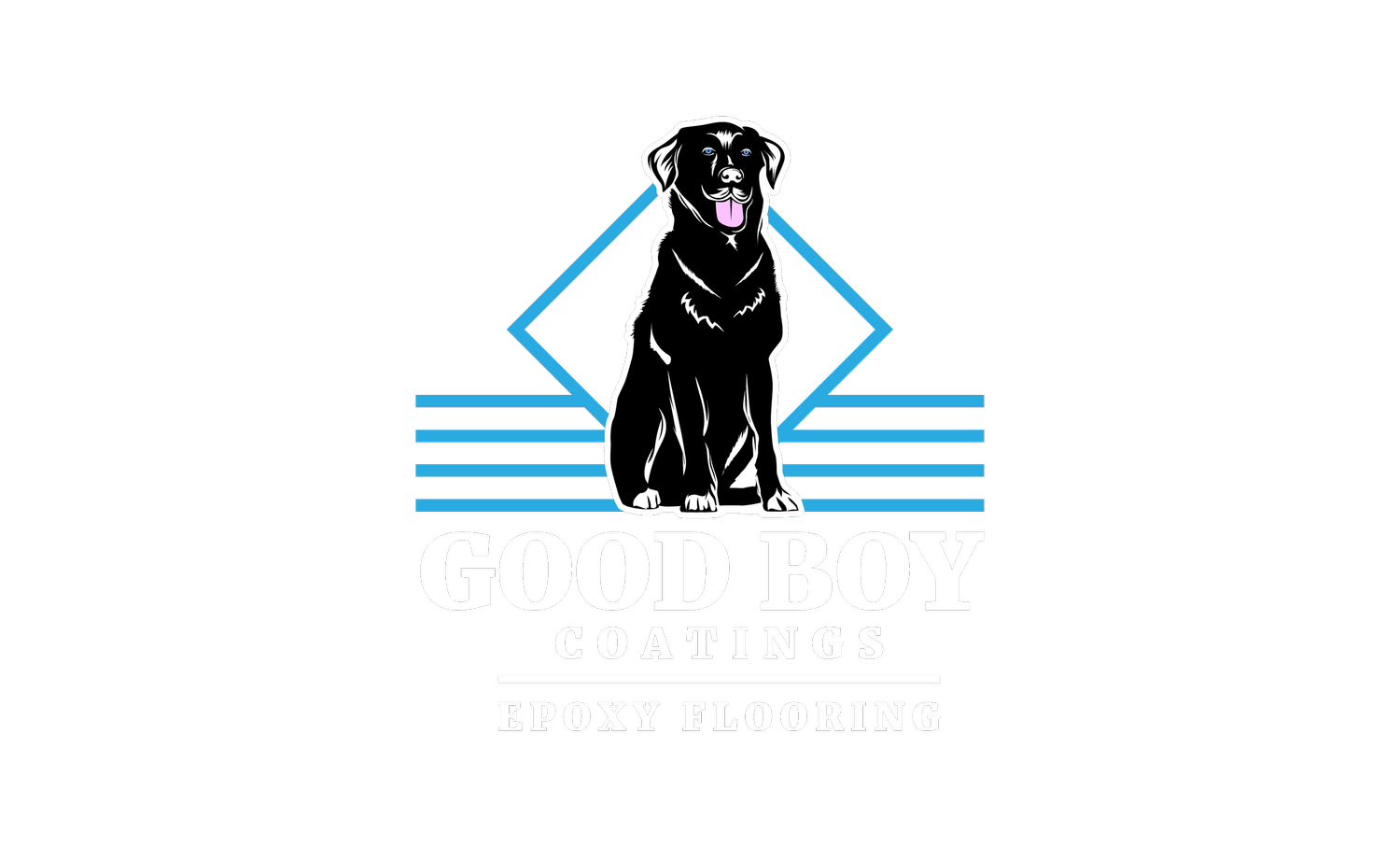Can I Install Epoxy Garage Flooring Myself?
Thinking about upgrading your garage with epoxy flooring? You might be tempted to take the DIY route, envisioning a cost-effective weekend project that will leave your garage looking sleek and modern. However, before you dive in, it's essential to consider the realities of installing epoxy garage flooring yourself. Creating an epoxy floor is a popular do-it-yourself project. However, if you’re not careful, the results of your DIY epoxy floor can be less than satisfactory.
1. Time-consuming and Expensive Equipment Rental:
One of the first hurdles of DIY epoxy flooring is the significant time commitment. It's not just a matter of a few hours on a Saturday afternoon; installing epoxy flooring can easily consume your entire weekend. From cleaning and prepping the concrete to applying the epoxy and waiting for it to cure, every step demands meticulous attention and takes time. Moreover, to ensure proper surface preparation, you'll likely need to rent expensive equipment like diamond grinders, which can add to the overall cost of the project.
2. The Importance of Proper Surface Preparation:
The most critical aspect of epoxy flooring installation is the preparation of the concrete substrate. Without adequate preparation, the epoxy may fail to adhere properly, leading to a range of issues such as peeling, bubbling, or premature wear. Achieving the ideal surface requires thorough cleaning, repairing any cracks or imperfections, and ensuring a smooth, even substrate. If any shortcuts are taken during this crucial step, the consequences can be severe, potentially resulting in the entire floor coming up.
3. Dust Elimination and Crack Filling:
Professional epoxy flooring installers have access to commercial-grade vacuums, which play a crucial role in eliminating dust during surface preparation. This level of dust control is essential for ensuring a clean and smooth surface, which is vital for proper epoxy adhesion. Furthermore, professionals have the expertise to fill cracks and repair imperfections effectively, ensuring a seamless and durable epoxy floor.
4. Limited Color Options and Flake Incorporation:
DIY epoxy kits often offer limited color options and may not provide as many choices for decorative flakes compared to professional-grade materials. Decorative flakes not only enhance the aesthetic appeal of the floor but also add texture and improve durability. Professional installers have access to a wide range of flake colors and sizes, allowing for customized designs tailored to your preferences.
5. Limited Durability and Resistance:
DIY epoxy flooring kits often come with only one coat of epoxy, which may lack the durability and resilience of professionally installed multi-coat systems. This single coat may not provide sufficient protection against hot tire marks, stains, or other forms of wear and tear commonly encountered in a garage environment. Additionally, without the expertise of professional installers, achieving a flawless finish and optimal performance can be challenging.
In conclusion, while the idea of installing epoxy garage flooring yourself may seem appealing, it's essential to weigh the potential drawbacks and challenges against the perceived cost savings. From the time-consuming nature of the project to the risks associated with improper surface preparation and limited durability, DIY epoxy flooring installation may not deliver the long-lasting, high-quality results you desire. If you're seeking a durable, professionally installed epoxy floor that will stand the test of time, investing in the expertise of experienced professionals is undoubtedly the wisest choice.


